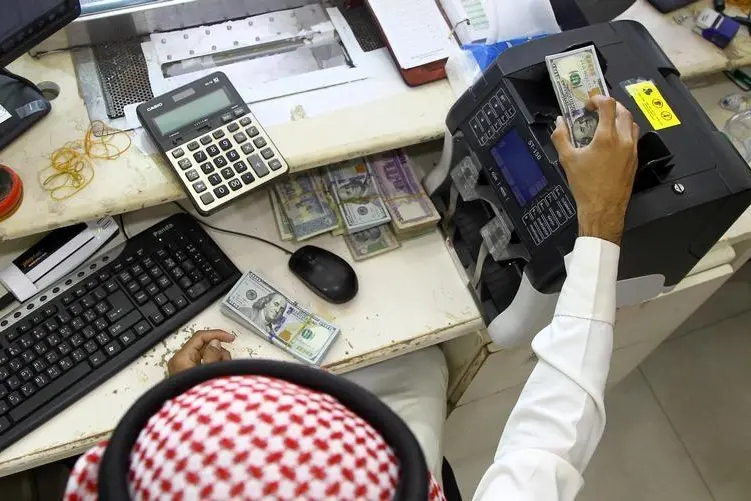PHOTO
Saudi Arabia did a great job in shielding micro, small and medium-sized enterprise (MSME) owners from the negative impact of the coronavirus disease (COVID-19) pandemic, but as the economy recovers and consumer and business spending returns to encouraging levels, it’s time to take another look at how we can support MSMEs and, at the same time, save Saudi banks from potential risks.
The Saudi Central Bank (SAMA) recently announced an extension of the Deferred Payment Program (DPP) for a further three months from July 1, 2021 to Sept. 30, 2021.
The DPP is one of SAMA’s Private Sector Financing Support Programs directed to MSMEs that are still affected by the COVID-19 precautionary measures.
SAMA believes that the extension of such a program is consistent with its mandate to maintain financial sector stability and enable financial institutions to support economic growth and employment levels in the private sector.
Although I totally agree with SAMA’s notion and the noble objective of the program, there is skepticism regarding its effectiveness, especially considering that the program is offered to MSMEs without any additional cost and consequently compromises the banking sector’s future profitability, especially if a number of MSMEs default.
My concern is owing to the number of times the program has been extended and rolled over since it was launched in March 2020. The program has also exceeded its original approved value of SR30 billion ($8 billion) nearly 6 times.
It is worth noting that to date 106,000 contracts have benefited from the program since its launch with a total value of worth SR167 billion.
To mitigate the effects of the possible risk of the DPP, and as part of its role in activating monetary policy tools and preserving financial stability, SAMA has injected SR50 billion into the banking sector as free deposit to enhance banking liquidity and to enable banks to continue providing credit facilities for the private sector, especially to MSMEs.
Furthermore, SAMA has clarified that extending credit to MSMEs will be subject to assessment by financing entities on the extent to which these MSMEs are still affected by the COVID-19 precautionary measures in order to qualify for the extension.
Last but not least, SAMA has emphasized repeatedly that banks have a strong financial position with very low nonperforming loans and enjoy robust capital buffers that provide loss-absorbing capacity. Also, banks have enough provisions to face any unforeseen circumstances.
While the International Monetary Fund has welcomed SAMA’s support to MSMEs, however, it has indicated that the effects on bank asset quality will only become evident once the program ends. However, it has noted that the DPP was only available to Stage 1 and 2 loans (under the International Financial Reporting Standard 9), which gave them comfort about the underlying quality of the MSMEs covered.
In my opinion, despite the looming risks surrounding the DPP, SAMA has made the right decision in introducing it and other related support programs to provide breathing space to MSMEs and mitigate the expected negative impact of the COVID-19 pandemic on the private sector, especially on MSMEs.
I believe that SAMA’s support to MSMEs has reflected positively not only their survival as an important sector of the economy but has also encouraged Saudi banks to increase their lending capacity to them as well. This is evidenced by the significant increase in the financing extended by Saudi banks to the sector, which has reached 7.9 percent of the total Saudi banks’ credit portfolio compared to 2 percent three years ago.
• Talat Zaki Hafiz is an economist and financial analyst. Twitter: @TalatHafiz
Copyright: Arab News © 2021 All rights reserved. Provided by SyndiGate Media Inc. (Syndigate.info).





















